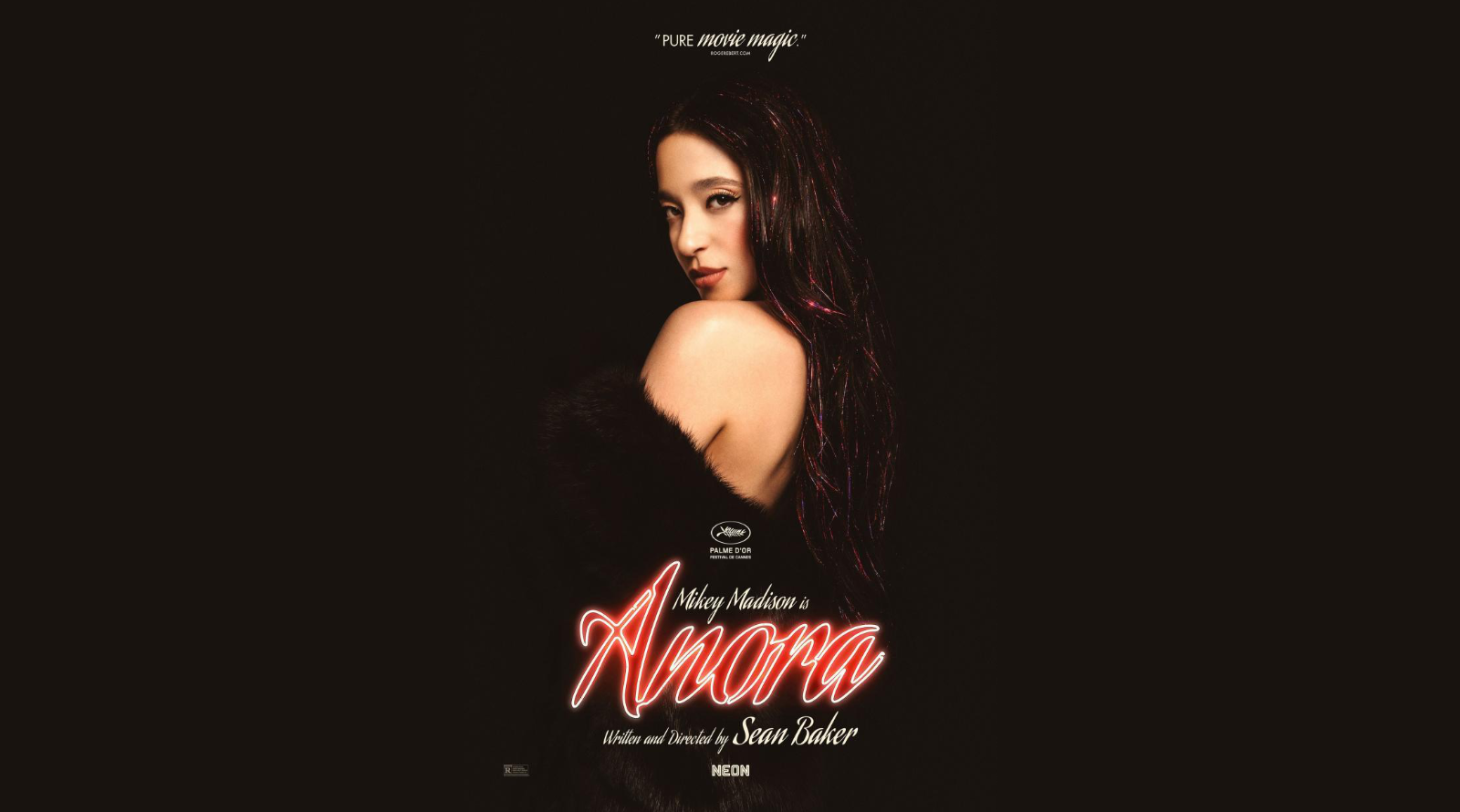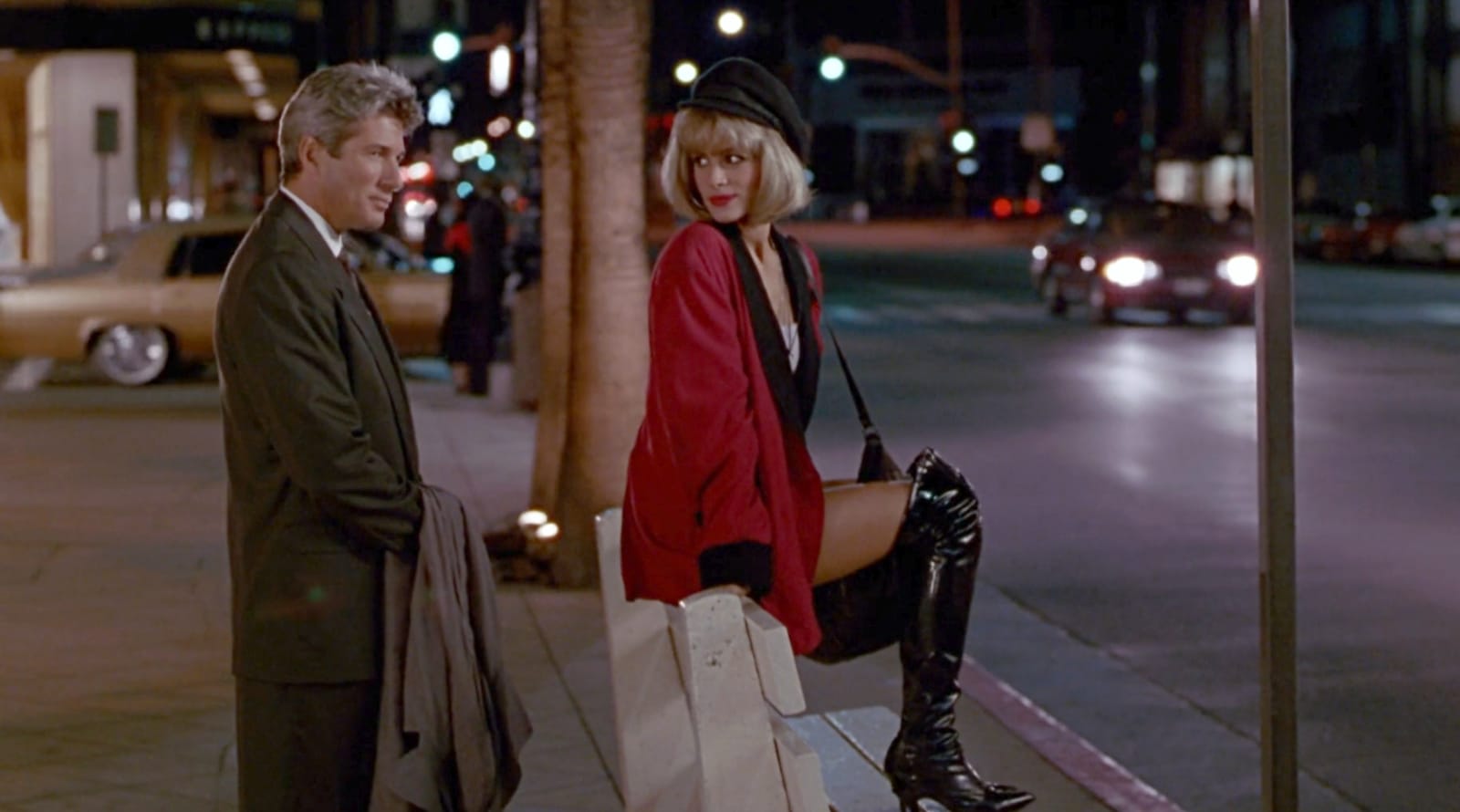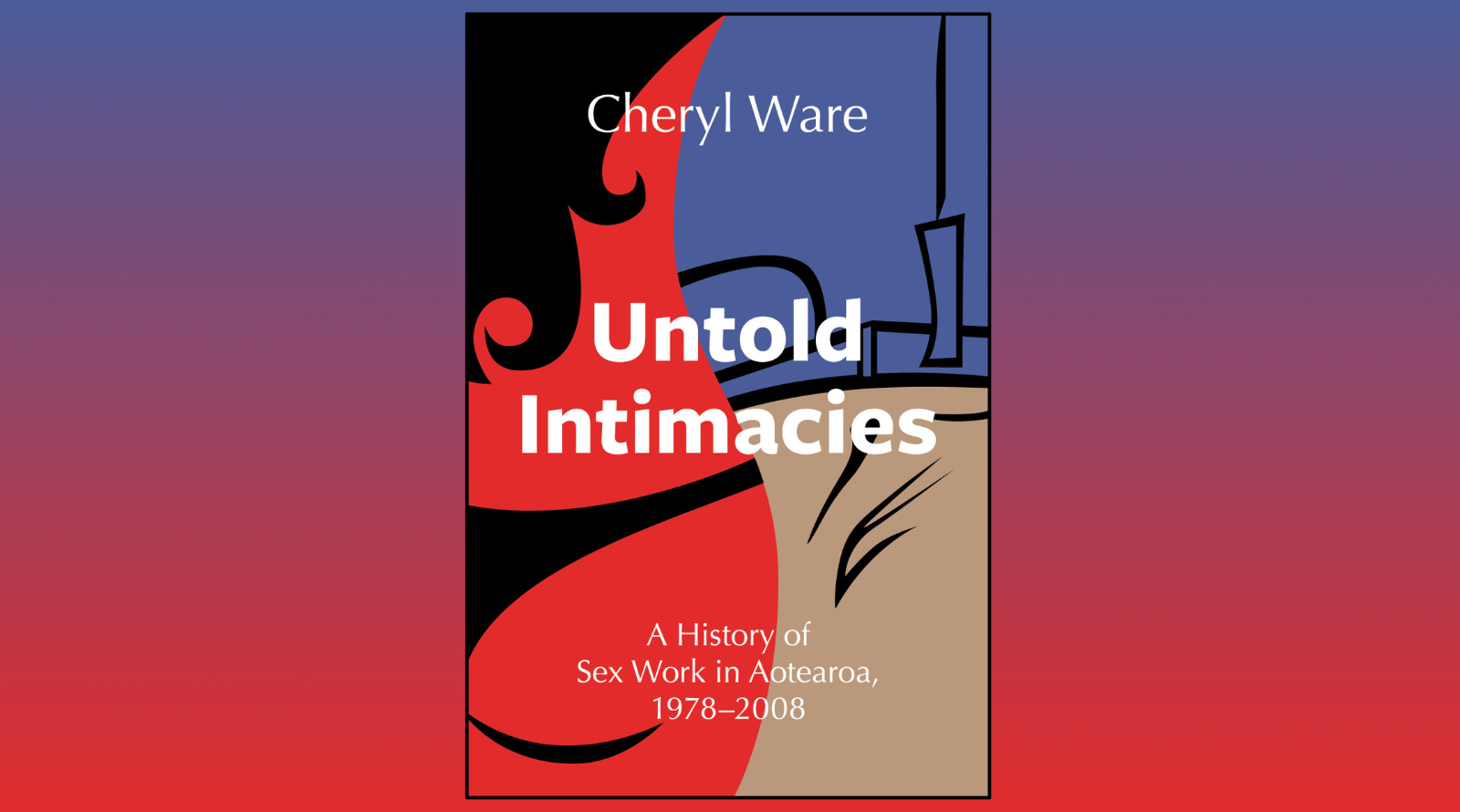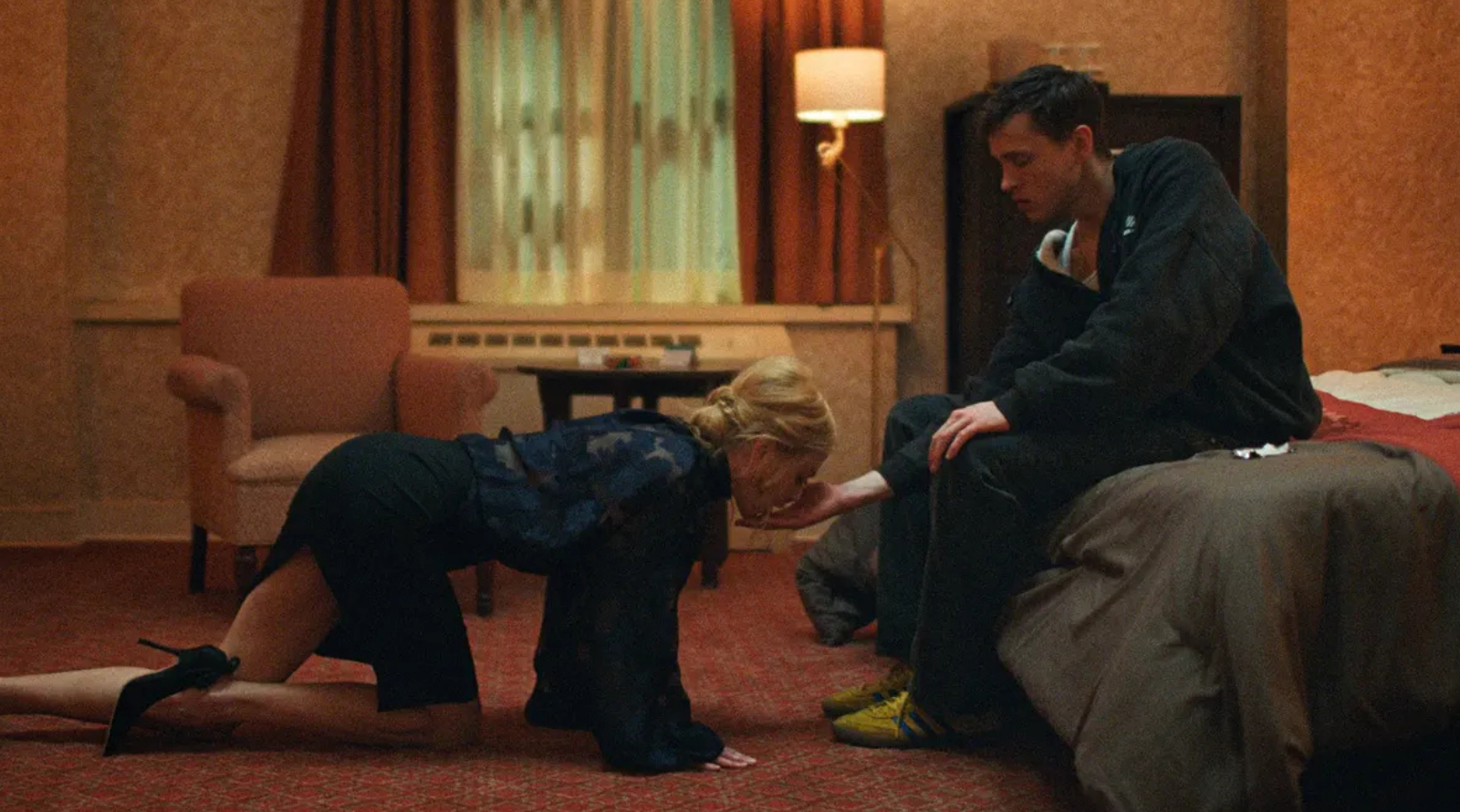Elephant in the room: Sean Baker, the director of Anora, has a thing for sex workers. His previous films – Starlet, Tangerine, The Florida Project, and Red Rocket – have all featured sex working characters. When the trailers for Anora started to circulate, I suspiciously googled “why is sean baker so obsessed with sex workers”, the answers I found only deepened my appreciation for his films.
In an interview with Variety, Baker explained his approach: “I became friends with [sex workers] and realized there were a million stories from that world. If there is one intention with all of these films, I would say it’s by telling human stories, by telling stories that are hopefully universal.” This commitment to authenticity is what makes Anora stand out – it feels like a story told by someone who understands, respects, and listens to the real-life experiences of sex workers. Baker has consistently portrayed us as complex, fully realized individuals, not caricatures or stereotypes. His films humanize sex workers by treating us with the same depth and empathy that we’d expect for any other character – as human beings, full of flaws, strengths, and emotions
I understand why some might be defensive about the film, it's easy to assume ill intent when someone outside the industry tells our stories. But I don’t think that’s the case with Baker. His films show a respect for the characters he writes, and his work is a welcome departure from the usual stereotypes. He consults with real sex workers to ensure that his depiction is as accurate and respectful as possible and loudly advocates for decriminalization and a de-stigmatization of the industry. While I would love to see sex workers have more opportunities (funding) to tell our own stories, I’m grateful to filmmakers like Baker who take the time to portray us with care and respect. Anora is a surprisingly humanizing film. At its core, it is a story about being seen.
The film centers on Anora, a 23-year-old Brooklynite stripper who is swept into a whirlwind romance with Vanya, the son of a Russian oligarch. After a spontaneous Vegas wedding, Vanya’s parents send a few henchmen to annul the marriage. Throughout the film, one of these henchmen, Igor, evolves from an awkward, reluctant enforcer into an unexpected hero. They have a tense beginning, but over time Igor begins to sympathize with Anora, quickly becoming quite fond of her. A slow burn.

At the same time we see Anora trying to push him away, processing her own disappointment and shame of her feelings for Vanya. Falling in love with a man is subtly embarrassing in its own right, but falling for a DUMBASS man who promises you the world and turns out to be, of course, full of shit – is humiliating. I found her self protective rage very relatable.
Unlike the other characters who treat her with contempt or indifference, Igor offers her kindness and care, hoping to make her life better without expecting anything in return.
The tenderness that he offers Anora is a reminder of what we all deserve: to be seen for who we truly are, flaws and all.
This movie is an emotional rollercoaster. It’s a visceral experience, one that left me feeling everything Anora felt – her highs, her lows, her joy, her despair. The first half is intoxicating, opulent, and thrilling – party party party and the second half is an abrupt and jarring shift into pathos pathos pathos. This isn’t a “feel-good” story, but it is real, raw, and authentic – qualities that are lacking in mainstream portrayals of sex work.
Igor doesn’t see Anora as an object to be possessed or used for pleasure, nor does he want to "save" her. His motivation is simple yet profound – he wants to protect her and make her life better, even in the smallest, most subtle way, even though he stands to gain nothing from it. When your job is performing intimacy (not just in the physical sense, but the GFE of it all), the value of being seen beyond the veneer of your whoresona, witnessed in your vulnerability, and genuinely cared for, is so incredibly important.
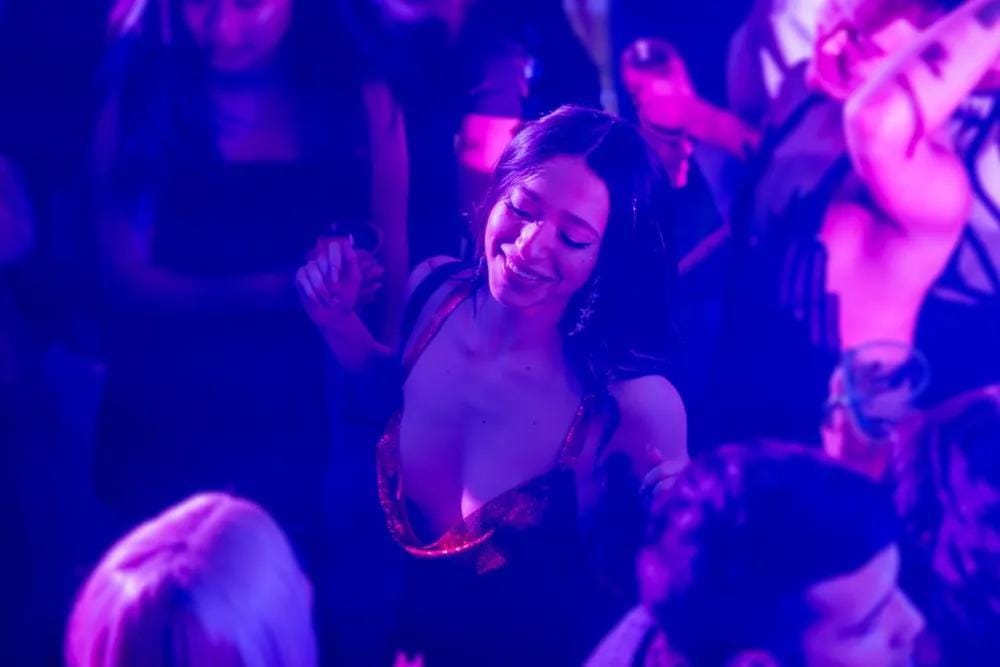
Some have taken issue with the film's ending because it involves a sexual moment that leads to an emotional breakdown. The film's final scene acknowledges the growing romantic tension between Anora and Igor, and finally allows her the cathartic breakdown that has been brewing beneath the surface of her intense whirlwind of a week. There’s a risk of reinforcing the "traumatized sex worker" trope, which is a legitimate concern. But I would argue that Anora doesn’t play into that stereotype – it instead portrays our titular character as a multi-dimensional person with real emotions.
My hope is that this offers the audience an opportunity to empathize with Anora, because despite our jobs, fearing vulnerability and yet longing to be seen is a deeply human experience. Yes, the scene is painful, but it also shows the depth of her humanity, and that, in my opinion, is far more de-stigmatizing than pretending that sex workers are immune to feelings of loneliness, heartbreak, and a desire for connection.
The ending is a raw, vulnerable moment that, while heart wrenching, highlights how much all of us – especially sex workers – need and deserve that kind of safety and tenderness.
May we all have our share of whales, furs, diamonds, and private jets, but my biggest wish for every whore is an “Igor” waiting at home.
If you enjoyed Anora, and have already watched the rest of Baker's films, you might like Fellini’s Nights of Cabiria or Lizzie Borden’s Working Girls, both of which Baker cited as inspirations for Anora.
Are you a sex worker with a story, opinion, news, or tips to share? We'd love to hear from you!
We started the tryst.link sex worker blog to help amplify those who aren't handed the mic and bring attention to the issues ya'll care about the most. Got a tale to tell? 👇☂️✨

